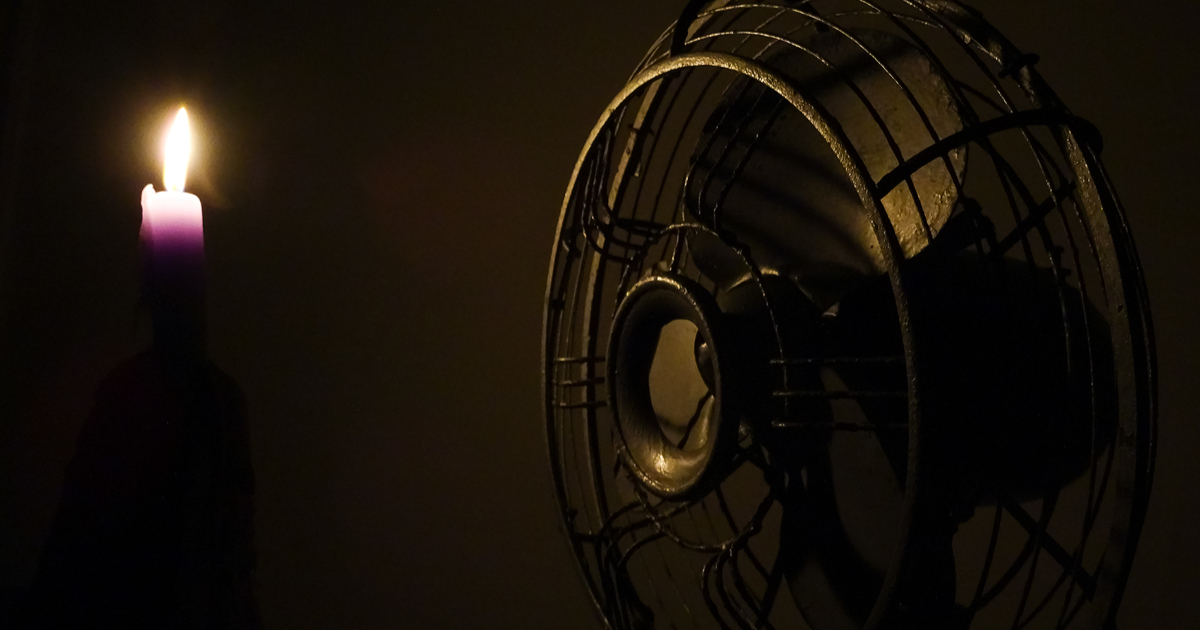Saddled with outdated equipment and crippled by a fuel shortage, Cuba is pinning its hopes on Russia to escape an energy crisis that has plagued and angered its people for years.
During a visit to St. Petersburg, the regime’s Deputy Prime Minister, Ricardo Cabrisas Ruiz, held meetings with companies Inter RAO Export and Hevel Group to work on projects aimed at "increasing efficiency in electric power generation and developing renewable energy sources," according to a report from the Cuban government on the social network X.
The publication added that Cabrisas also held discussions with the President of the Council of the Federation of Russia, Valentina Matvienko, and Rosneft CEO Igor Sechin, during the International Economic Forum hosted in the city.
"As part of the agenda in St. Petersburg, the Deputy Prime Minister's delegation is scheduled to participate in thematic panels, meetings with government authorities, and representatives from Russian companies," the thread on X continued.
The talks take place amidst a challenging backdrop for the Cuban populace, who are enduring power outages lasting up to 20 hours with only the hollow slogan of "resist creatively" and the expectation to understand, while President Miguel Díaz-Canel and other state representatives openly acknowledge the situation without offering solutions.
The operation of thermal power units feels like a game of chance, with services frequently disrupted due to constant breakdowns or maintenance, forcing the population to juggle their routines around the anticipated return of "light."
Recently, the National Electric Utility reported a 953 MW impact on Wednesday and forecasted an 885 MW deficit for today, figures once again nearing the 1,000 MW mark, far from the 462 MW predicted on Tuesday.
This energy debacle affects the entire country, leading some local governments to try and pacify the populace with cultural activities and the sale of prepared foods or charcoal.
The latest "grand idea" emerged in Santiago de Cuba recently, suggesting an alternative for cooking in a country where most people rely on electric appliances.
It’s no surprise, then, that incidents like the loss of fluid milk meant for children in Matanzas recur, or actions such as the suspension of the Meteoro-2024 Popular Exercise despite forecasts of a highly active hurricane season in the Atlantic.
Understanding Cuba's Energy Crisis and Russian Involvement
Below are some frequently asked questions and answers to help provide more clarity on Cuba's energy crisis and its recent dealings with Russia.
Why is Cuba facing such severe energy issues?
Cuba's energy crisis is primarily due to outdated equipment and a severe shortage of fuel, which have led to frequent and prolonged power outages.
What steps is the Cuban government taking to address the energy crisis?
The Cuban government has sought assistance from Russia, holding meetings with Russian energy companies to improve electric power generation efficiency and develop renewable energy sources.
How are local governments in Cuba trying to mitigate the effects of the energy crisis?
Local governments are attempting to ease tensions by organizing cultural activities and selling prepared foods or charcoal to help people cope with the frequent power outages.
